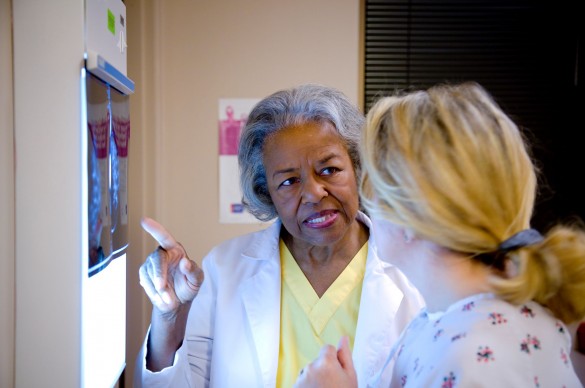Working Year-round to Reduce the Burden of Breast Cancer
Even as Breast Cancer Awareness Month comes to a close, ACS CAN will keep working year-round, across the country and with both state and federal lawmakers, to advance the public policies we know will reduce the burden of breast cancer.

